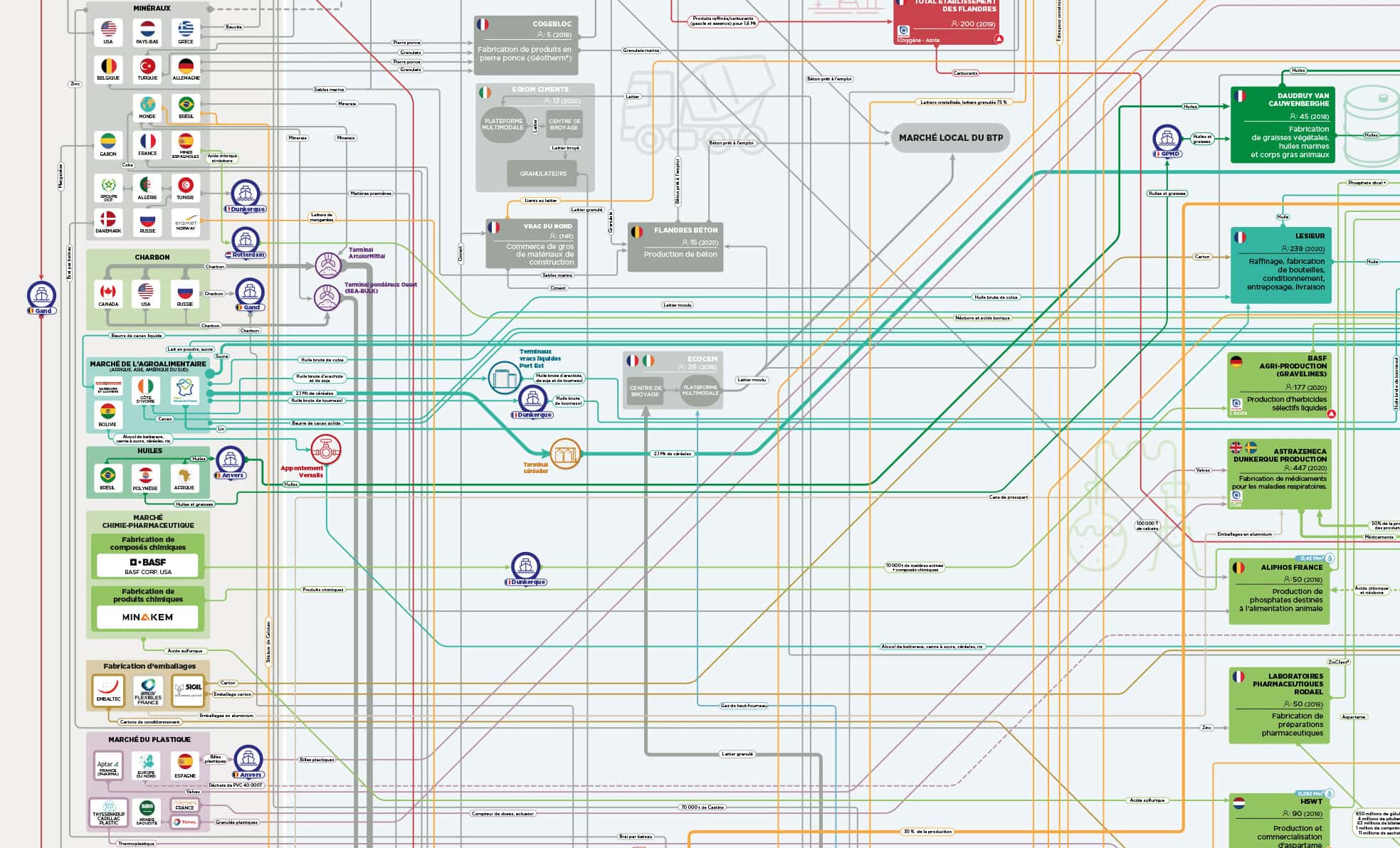

Downloads
DOI:
https://doi.org/10.58981/bluepapers.2022.1.10Published
Issue
Section
License
Copyright (c) 2022 Jean-François Vereecke, Sandrine Deveycx

This work is licensed under a Creative Commons Attribution 4.0 International License.
How to Cite
Abstract
Today, urban territories are under pressure to accommodate all the needs of growing cities. New designs and approaches are needed that build on historical developments and respond to the shifting and overlapping needs of water, cities and their territories. Due to these inexhaustible demands, it is often common to overlook sustainable development and heritage. However, diagrammatic analysis such as the canvas approach can help us understand how people have changed cities and institutions over time and allows us to consider complex economic, political, social and cultural interactions. This ecosystem approach opens a new path for territories and structures aimed at promoting dialogue between citizens and those who are key players in the sustainable development of cities. Together with mapping, the canvas helps build systemic and evolutionary resilience of water systems and resources, incorporating cultural and ecological values.
References
Capoccia, Giovanni, and R. Daniel Kelemen. 2007. “The Study of Critical Junctures: Theory, Narrative, and Counterfactuals in Historical Institutionalism.” World Politics 59, no. 3: 341–346. https://doi.org/ 10.1017/S0043887100020852
Hein, Carola. 2012. “Modern Cities: Interactions: Port Cities.” In Oxford Handbook on Cities in History, edited by Peter Clark. Oxford and New York: Oxford University Press.
La Voix du Nord. 2016. “Dunkirk Refinery Company: one more step towards the final closure of the plant.” April 6, 2016. http://www.lavoixdunord.fr/archive/recup%3A%252Fregion%252Fsociete-de-la-raffineriede-dunkerque-un-pas-de-plus-ia17b47588n3430564 (in French).
Rey, Benjamin, Jérôme Tixier, Aurélia Bony-Dandrieux, Gilles Dusserre, Laurent Munier, and Emmanuel Labepie. 2013. “Interdependencies Between Industrial Infrastructures: Territorial Vulnerability Assessment.” Chemical Engineering Transactions 31: 61–66.
Sorensen, Andre, and Jennifer Robinson. 2011. “Cities in a World of Cities: The Comparative Gesture.” International Journal of Urban and Regional Research 35, no.1: 1–23.
Vereecke, Jean-François. 2020. “The ‘canvases’ or the system at the service of territorial development.” Traits d’agences 38: 19–20. (in French)


